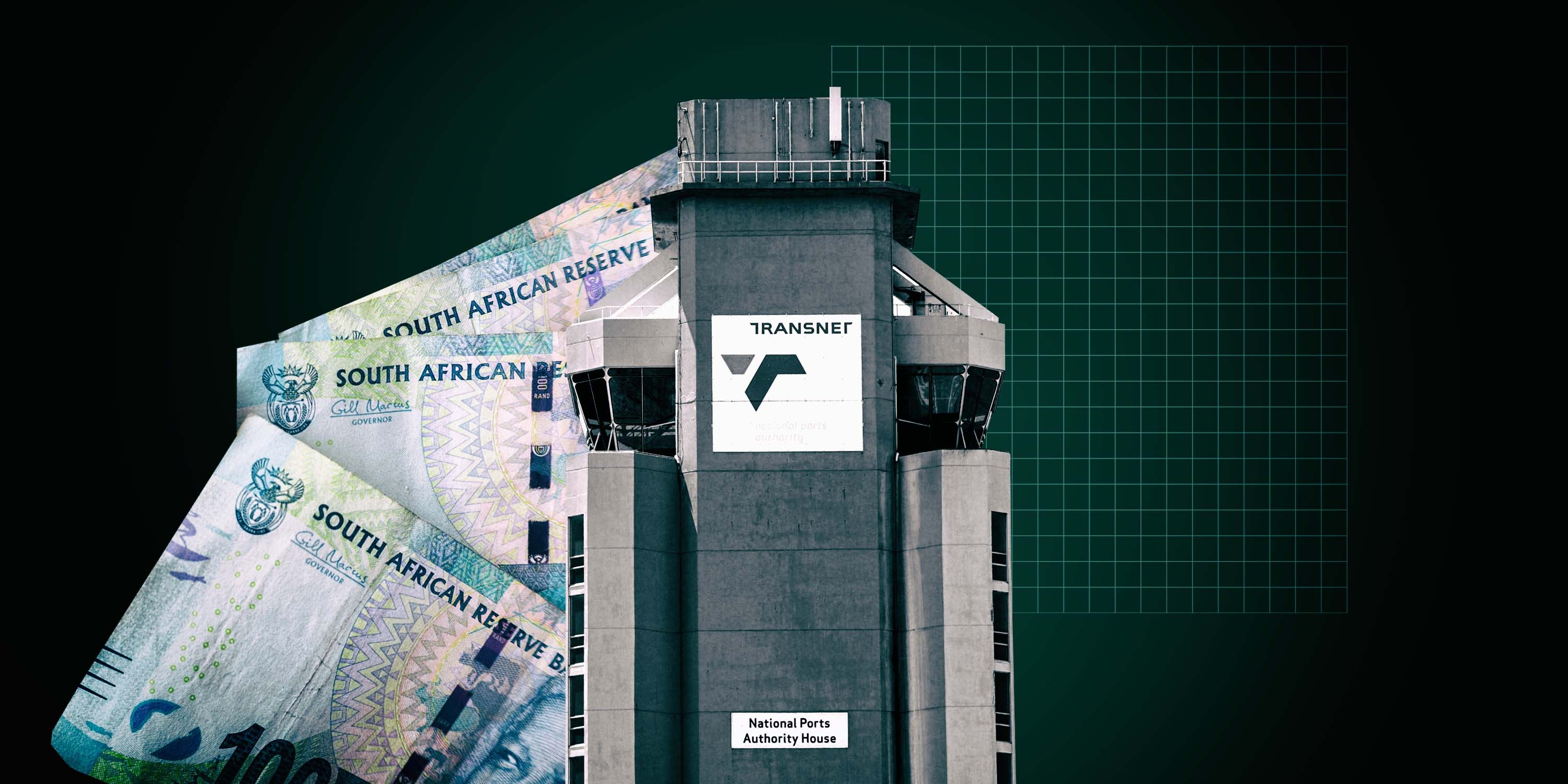The Transnet board has a turnaround plan that it believes could help arrest the state-owned transport group’s decline, help it return to profitability by 2025 and make its rail and port operations reliable for SA’s economy.
But there is a caveat: the plan can only succeed in turning around Transnet’s operations and fortunes if the government gives it a taxpayer-funded bailout, or what the company’s board calls a “capital injection”.
The Transnet board has come up with a 31-page turnaround plan that requires funding of more than R100-billion from the National Treasury over the next two years. Transnet wants an immediate release of cash from the Treasury amounting to R3.4-billion before the end of its financial year in March 2024.
The more than R100-billion financial support package includes a request for the Treasury to provide Transnet with R47-billion in an equity injection or a loan that can be converted to equity if the state-owned enterprise (SOE) demonstrates progress in turning its operations around. By this point, the SOE has even committed to start paying the government in the form of dividends.
The second part of the support package includes the Treasury taking over a portion of Transnet’s total debt of R130-billion. A minimum of R61-billion of Transnet’s debt would be taken over — similar to the debt relief measure offered to Eskom.
Read more here: Government comes to Eskom’s rescue by taking over R254bn of its debt
Transnet chairperson Andile Sangqu would not be drawn into confirming the quantum of the money requested from the Treasury despite it being mentioned in the turnaround plan. However, Sangqu said he believed the SOE would get support from the government despite SA’s public finances being under strain.
When the government unveils the Medium-Term Budget Policy Statement on 1 November, it will miss the 2023/2024 February Budget targets by a mile, given the likelihood of tax revenue undershooting requirements by at least R50-billion, forcing it to cut department budgets and crucial service delivery programmes.
The government’s medium-term expenditure framework tabled in the February Budget did not include any allocations to Transnet. However, some adjustments to the in-year allocations and expenditure framework are expected, possibly paving the way for the financial support to Transnet to be mentioned.
What is clear from the Transnet board is that funding from the government will be crucial.
“If the government does not agree to the funding, we will not be able to deliver on the turnaround plan,” Sangqu said during a media briefing on Thursday.
Transnet debt problem
Transnet has no financial room in its balance sheet to fund any plan that seeks to reverse the dysfunction of its operations. This dysfunction can be seen in its rail volumes, which have been continuously declining from a peak of more than 200 million tonnes a year in 2019 because of mismanagement of the rail network, cable theft and vandalism. The dysfunction is also at its port operations, which are ranked poorly around the world in terms of efficiency and loading times.
Transnet has a debt of R130-billion, on which it pays interest of R1-billion every month. By 6 November, Transnet must settle maturing bonds (or debt) worth R7-billion, with its acting CFO, Hlengiwe Makhathini, saying the borrowings could be settled from existing cash resources. Lenders are wary of lending Transnet more money because it is increasingly at risk of defaulting on debt repayments.
Reform proposals in the turnaround plan
To turn Transnet’s fortunes around, the board is targeting reforms in its rail network, which is a crucial cog in the economy as it is responsible for ferrying most of the iron ore and coal that SA produces to countries around the world. When Transnet isn’t operating properly, SA business does not operate and the country’s exports are held hostage.
The turnaround plan, which has been presented to the ministers of public enterprises and finance, has targets that should be achieved over the next six to 18 months. The plan proposes a split of Transnet’s biggest unit, Transnet Freight Rail (TFR), into two new divisions — Transnet Freight Rail Operating Company and Transnet Rail Infrastructure Management.
One division will be responsible for running trains efficiently by increasing volumes and restoring network capacity. The other division will ensure that the infrastructure is maintained and protected to lessen incidents of vandalism and cable theft. Details of TFR’s reorganisation into two divisions will be articulated in a draft network statement in November.
Another aspect of the plan is predicated on Transnet embracing the private sector as a partner for delivery. Transnet has ruled out the privatisation of the rail network. However, it wants to partner with private sector players by auctioning rail slots, allowing such players to use their skills to run trains/railway lines for a set period, while also pouring in money to upgrade the rail infrastructure. This process is set to start by April.
If implemented, these measures will not result in big changes to Transnet’s financial situation. Acting Transnet group CEO Michelle Phillips said the turnaround plan was premised primarily on a recovery of rail volumes from the 149 million tonnes reported last year to between 154 million tonnes and 170 million tonnes by the end of March. She described the 170 million tonnes goal as a “stretch target”.
Even if Transnet achieves 149 million or 170 million tonnes, Transnet is expected to be in a financial loss position of between R1.5-billion and R4.3-billion in the 2023/24 financial year. This will be a much lower financial loss than the R5.7-billion loss it pencilled in during its 2022/23 financial year. The turnaround plan expects Transnet to be profitable from 2025. DM





